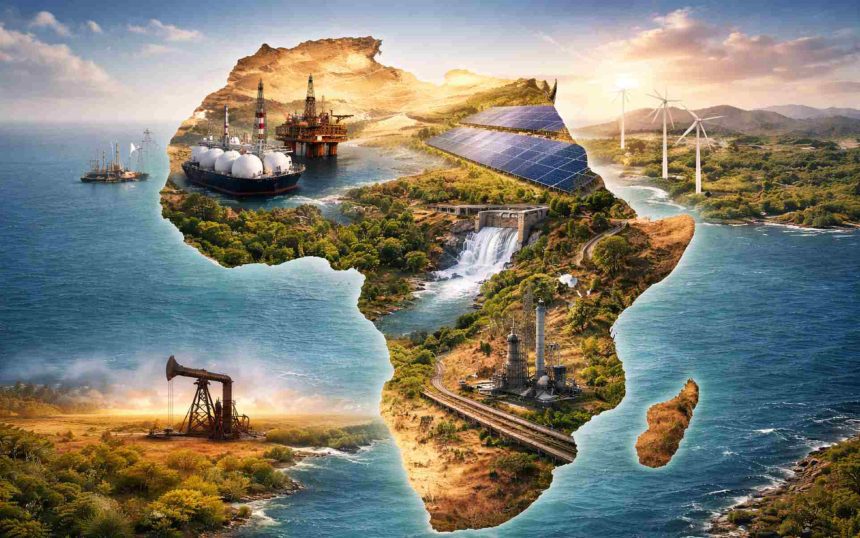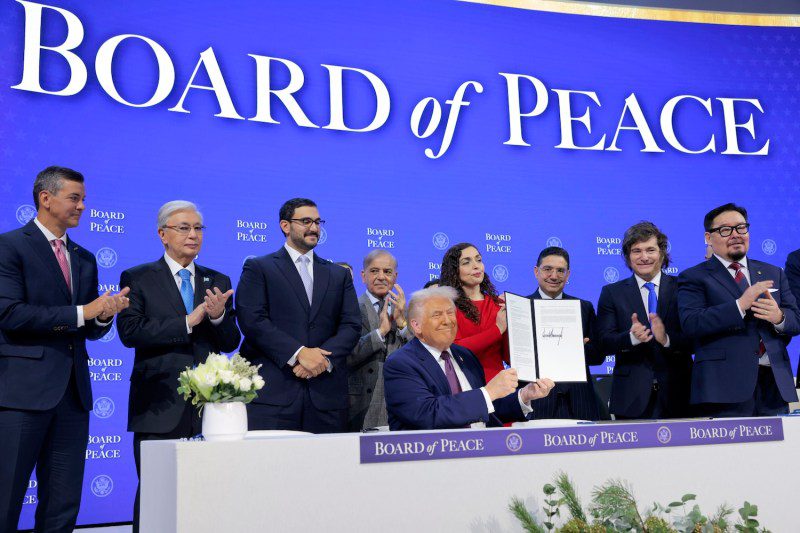Key Impact Points
- Climate Change Threatens Global Security: Climate-related impacts exacerbate conflicts, displace populations, and strain governance structures, making climate action essential for stability.
- Economic Opportunity of Net Zero: An orderly transition to net zero by 2050 could boost global GDP by 7%, while inaction may cost the global economy $178 trillion by 2070.
- Urgent Call for Cooperation: Climate change demands global unity; 80% of citizens worldwide want their governments to collaborate on addressing this crisis.
Overview
As the world faces multiple crises—conflicts in Ukraine and the Middle East, security concerns in the Indo-Pacific, and growing humanitarian needs—one overarching challenge demands immediate attention: climate change. From devastating floods to record heat waves, the consequences of a warming planet are felt globally, intensifying other issues like food insecurity, economic instability, and geopolitical tensions.
This month, world leaders will convene at the United Nations General Assembly (UNGA) to address these challenges, laying out their visions for global cooperation and policy solutions. Amid the various topics up for discussion, climate action must take center stage.
Climate Change and Global Security
Climate change poses a direct threat to global security. Extreme weather events, rising sea levels, and resource scarcity contribute to conflicts, displacing vulnerable populations and destabilizing regions. These climate impacts can strain existing governance structures and disrupt partnerships between states. As UN Secretary-General António Guterres has pointed out, prioritizing climate action can mitigate these risks and foster a more stable, secure world.
Economic Benefits of the Net Zero Transition
The transition to a net zero economy represents a historic opportunity for global growth. According to the International Monetary Fund (IMF), an orderly transition to net zero by 2050 could boost global GDP by 7%, generating up to $43 trillion in economic value by 2070. In stark contrast, inaction could result in a staggering $178 trillion in losses. Investments in renewable energy, sustainable infrastructure, and green technologies will be the driving forces behind this transformation, but urgent action is needed to accelerate progress.
Change the World - Subscribe Now
Countries that lead in these sectors will not only combat climate change but also shape the future global economy.
Global Cooperation is Critical
Climate change cannot be tackled by any single nation. The urgency of the crisis and its far-reaching impacts make global cooperation indispensable. In a recent survey, over 80% of citizens globally expressed a desire for their governments to set aside geopolitical differences and work together on climate action.
UNGA79 presents a pivotal moment for world leaders to demonstrate their commitment to international collaboration. By prioritizing climate action, they will prove their resolve to work for the common good, addressing the shared threats that transcend borders.
The Road to COP29 and Beyond
The 2024 UN Climate Conference (COP29), set to take place this November, will be a defining moment in climate diplomacy. Countries are expected to agree on a new international climate finance goal, which will set the stage for greater ambition in the coming years. Leaders at UNGA must use this opportunity to trail their commitments to global climate finance, Nationally Determined Contributions (NDCs), and climate adaptation policies.
Next year will mark the 10th anniversary of the Paris Agreement, a critical juncture for nations to present new NDCs—blueprints for sustainable economic growth, job creation, and poverty alleviation. World leaders must use this UNGA moment to push for increased ambition on both mitigation and adaptation efforts.
Related Article: Sneak Peek for UNGA 2024
Conclusion
Climate change is reshaping our politics, economies, and societies. Amid the many pressing global issues, world leaders must make climate action a top priority at the UN General Assembly. Doing so will not only show that international cooperation works, but it will also pave the way for a sustainable and secure future, harness the opportunities of the green economy, and prevent the dire human, economic, and environmental costs of inaction.

 Follow SDG News on LinkedIn
Follow SDG News on LinkedIn











